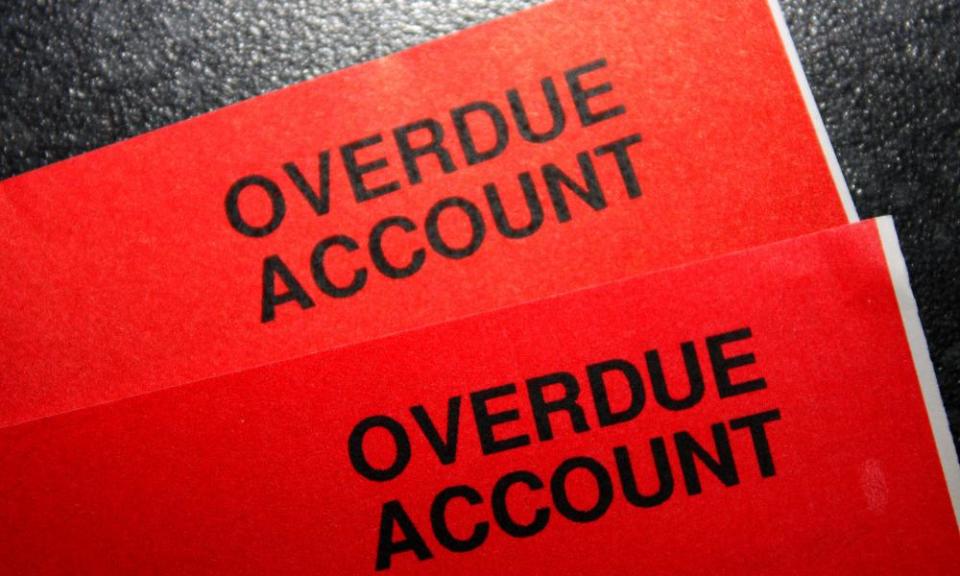Debt repayment orders hit record 1.15m in 2019

A record number of county court judgments were issued last year against individuals who fell into debt, double the level of eight years ago.
Official figures released by the Registry Trust, which collects information on behalf of the Ministry of Justice, will be seen as further evidence of the “severe financial strain” on UK households.
The data show that the number of county court judgments (CCJs) against individuals in England and Wales who failed to repay their debts climbed by 3% – or 30,138 – to 1.15m in 2019.
The total is more than double the number in 2012, which was the last time that the figure fell. The Registry Trust report suggested the number of CCJs is likely to rise again in 2020.
A CCJ is a type of court order in England, Wales and Northern Ireland issued against individuals if they fail to repay money owed, often because they have fallen behind with utilities and mobile phone bills, gas, and car payments. Once an individual has a CCJ on his or her credit record, it can lead to problems obtaining a mortgage, credit card or other personal loans in the future.
Mick McAteer, the chair of the Registry Trust, said the figures showed that a growing number of vulnerable households were facing severe financial strain. The increase comes despite low interest rates, which have reduced the cost of borrowing for most consumers.
“Low interest rates have cushioned the impact of debt levels on the typical household, but it conceals the fact that large numbers of more financially vulnerable consumers are facing real financial strain for a number of reasons,” McAteer said.
Real average earnings, which are still below pre-crisis levels when adjusted for inflation, are partly to blame, he continued.
“Austerity measures are still impacting on many households. They have not worked their way through the system and there is more to come.”
McAteer is a former board member of the Financial Conduct Authority.
A CCJ is usually removed from the register if the debt is paid in full within one calendar month of the judgment date; otherwise it remains there for six years.
Any company can apply for a CCJ against an individual if that person fails to repay money owed. But McAteer says organisations such as local authorities, utilities and debt collectors seem more willing to seek CCJs over smaller debts.
Local authorities have been widely condemned for pursuing households over failure to pay council tax, although they use something called a liability order, not a CCJ.
“The concern about local authorities is that because they are more aggressively enforcing debts, it is having a knock-on effect on households – ie it is making it harder to pay other debts which means they end up receiving a CCJ,” said McAteer.
The average value of debts chased through judgment filings rose 5% last year to £1,506 while the median increased 14% from £592 to £672.
“We have noticed another uptick on the average size of judgments in 2019, but generally the trend from the financial crisis has been that the number of judgments have risen but the average size of the judgments have really fell quite dramatically,” McAteer said

 Yahoo Finance
Yahoo Finance 